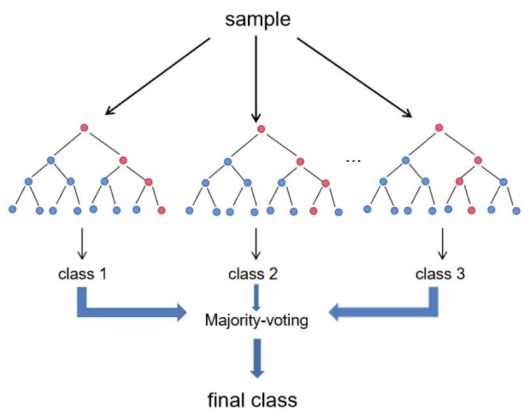Abstract
With the rapid development of artificial intelligence, extracting latent information from medical data has become increasingly critical. Cardiovascular disease is now a major threat to human health, being one of the leading causes of mortality. Therefore, developing effective prediction methods for cardiovascular diseases is urgently needed. Current medical approaches primarily focus on disease detection rather than prediction, which limits early intervention. By leveraging computational methods, it is possible to predict cardiovascular disease in advance, enabling timely treatment and potentially reducing the disease’s impact. This study employs machine learning techniques, including Support Vector Machine (SVM), Logistic Regression (LR), and Random Forest (RF), to predict cardiovascular diseases as classification problems. These machine learning models are supported by robust mathematical theory, allowing them to handle non-linear classification challenges effectively. The results offer valuable insights for the prevention and early treatment of cardiovascular diseases.
Keywords
SVM
Random Forest
Machine learning
Cardiovascular disease prediction
Funding
This work was supported without any funding.
Cite This Article
APA Style
Sun, W., Zhang, P., Wang, Z., & Li, D. (2024). Machine Learning-Based Prediction of Cardiovascular Diseases. IECE Transactions on Internet of Things, 2(2), 50–54 https://doi.org/10.62762/TIOT.2024.128976
Publisher's Note
IECE stays neutral with regard to jurisdictional claims in published maps and institutional affiliations.
Rights and permissions
Institute of Emerging and Computer Engineers (IECE) or its licensor (e.g. a society or other partner) holds exclusive rights to this article under a publishing agreement with the author(s) or other rightsholder(s); author self-archiving of the accepted manuscript version of this article is solely governed by the terms of such publishing agreement and applicable law.


 Submit Manuscript
Edit a Special Issue
Submit Manuscript
Edit a Special Issue

